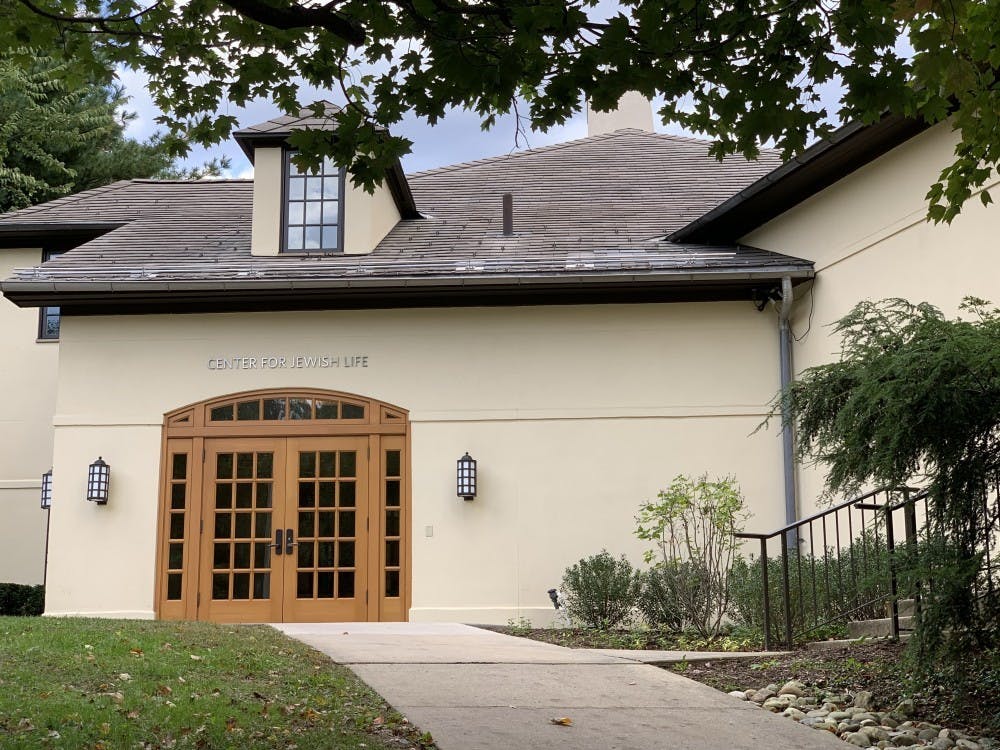On a gut level, international law and practice professor emeritus Richard Falk’s recent University-sanctioned lecture invitation was troubling. I disagree with him on his Middle Eastern policy views, and I even think his understanding of objective fact is misguided. Importantly, these tensions usually enhance my desire to be exposed to a person. I enjoy good debate. I enjoy good academic friction — that is, after all, how strong defensible opinions are formed. Perhaps I was upset that Falk was invited given his anti-Semitism, a separate, though related, sentiment to anti-Israelism.
But why should that be a barrier to his speaking? He doesn’t need to like or respect Jewish people in order to have legitimate views. Many great thinkers were and are anti-Semitic, and I still care about their knowledge, wisdom and opinions. For a moment, I thought the University was in some way endorsing his views, but that is clearly not the case — Princeton doesn’t have “an opinion.” Rather, it facilitates discourse such that we, the University community, can form opinions. I reasoned that it could be the job of student organizations, not the University, to bring controversial speakers to campus, but why should that be the case? It took me a moment to understand that the University was not sanctioning Falk’s views, only his right to express them (and my right to hear them). I exhausted the reasons I might be opposed to this speech, and came to the conclusion that I am for it, and every such speech.
This episode brought to mind the controversy surrounding Columbia’s bringing in Mahmud Ahmadinejad to speak back in 2007. Ahmadinejad, too, is an anti-Semite and an anti-gay figure as well. Equally important, he is a world leader. He and I don’t agree socially or politically, but that is no reason for me not to hear what he has to say as a global political figure, a powerful man, a shaper of policy. My knowledge and understanding of the world is greater for having heard (or read transcripts of) both Ahmadinejad and Falk. I don’t think anti-Semitism, or any specific ideology, should bar universities from hosting discussions with interesting thinkers.
It is true one can argue the invitation of a prestigious institution gives these socially and morally subversive thinkers legitimacy, but I would argue that they are already legitimate. Falk was a professor at Princeton who held United Nations posts, and Ahmadinejad was the president of a country. Sure, they can return home with a reinforced sense of legitimacy, but I think that is worth giving students exposure to more of the world. Universities are not trying to incite controversy or give every opinion — no matter how marginal — a legitimate platform. They are just exposing students to new perspectives. These individuals are already accepted as some form of leader, they have power, and they have followings. How could a university ignore them? It is almost the duty of a university to introduce these types of people to its student body. While these figures do not necessarilyraisethe level of discourse, as bigoted opinions seldom do, they both introduce a diversity of opinion that is healthy for a student body to be aware of. It would obviously be ideal if these speeches were accompanied by a real-time fact-checking expert (to correct known falsehoods like Iran has no gays, the Palestinians suffer Nazism at the hands of Israelis, etc.), but they are not. Given the reality that these figures will speak unchecked, students should understand that their views are on the margin but important to understand.
Ultimately, I would feel uncomfortable if the University were to rescind Falk’s invitation. As he was, he should have been allowed to speak, and students have should have heartily attended the lecture, as they did. This is how good conversation happens, this is how people reaffirm of their views (or not), and this is how people know that uncomfortable opinions exist. Opinions should be expressed, and I was wrong for thinking one should be barred because it does not specifically like my individual brand of personhood.
Aaron Applbaum is a Wilson School major from Oakland, Calif. He can be reached atapplbaum@princeton.edu.







